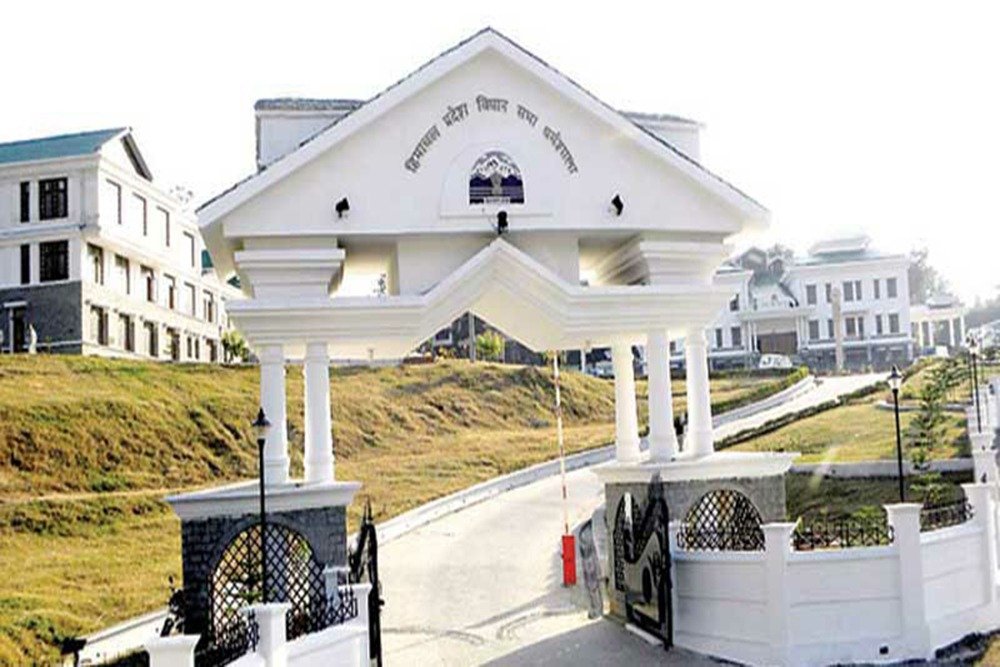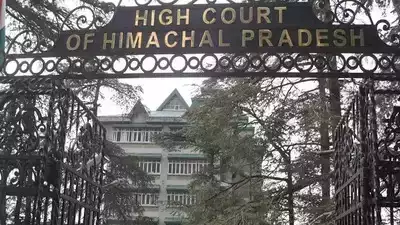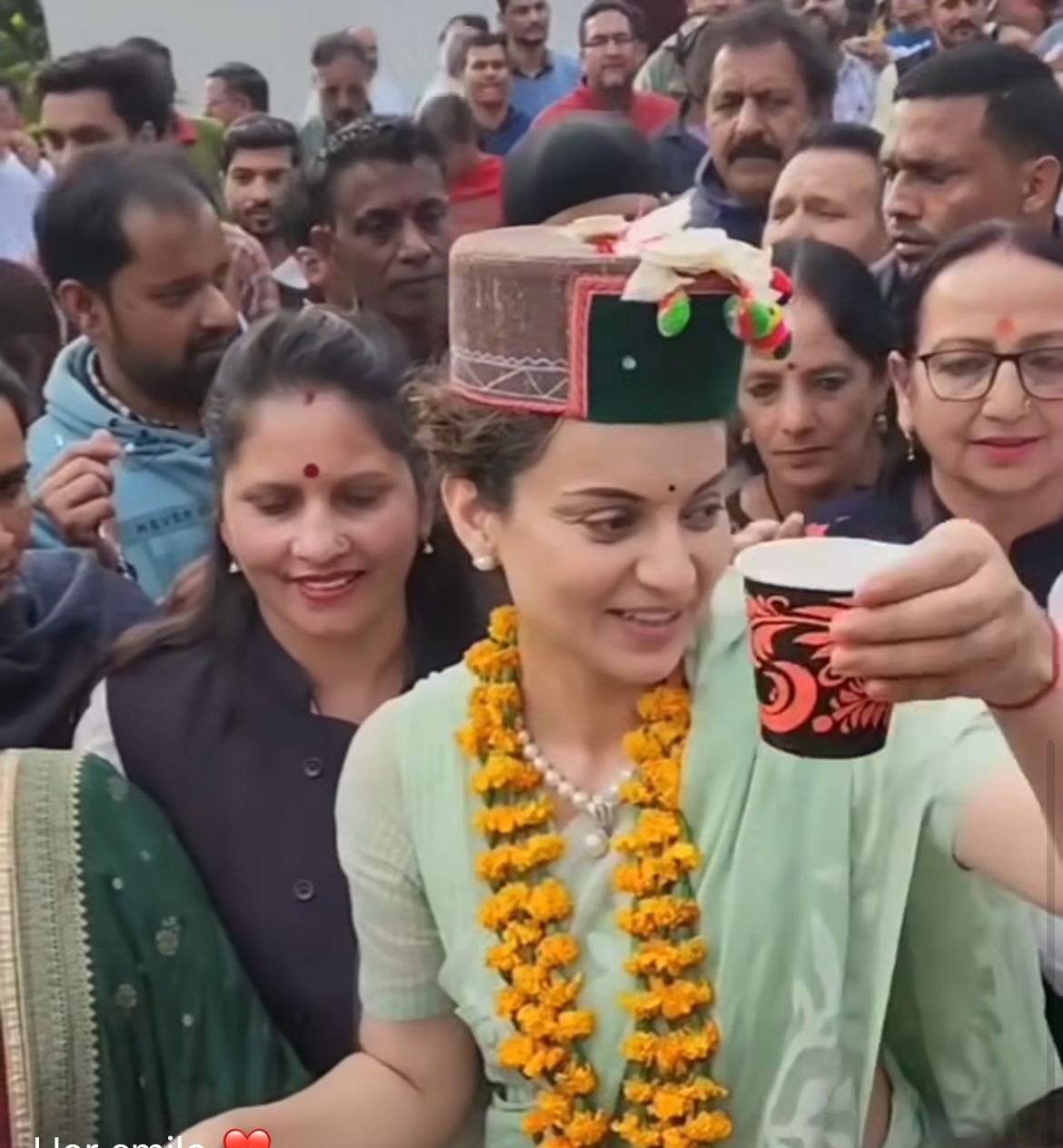Dharamshala (S Gopal Puri)
The winter session of the Himachal Pradesh Legislative Assembly commenced with a fiery debate on corruption—a critical issue undermining Indian democracy. Both BJP and Congress MLAs leveled accusations against each other, exposing governance flaws spanning their respective regimes.
BJP Targets Congress Over Excise Policy
The discussion was initiated by BJP MLA Randheer Sharma, who criticized the Congress government’s excise policy. He alleged that the policy consolidates smaller units into monopolistic entities, equating it to a “liquor scam.” Sharma accused the Congress of fostering an environment of mismanagement and lacking transparency in policymaking.
Congress Defends, Counters BJP Allegations
In response, Congress MLAs turned the spotlight on alleged corruption during the BJP-led Jairam Thakur government’s tenure. Congress MLA Sanjay Awasthi defended the excise policy, arguing it has existed for years, including during BJP rule. Chief Minister Sukhwinder Singh Sukhu backed Awasthi’s stance, dismissing BJP’s allegations as baseless and politically motivated.
Satpal Satti Calls for Action Over Debate
BJP MLA Satpal Satti adopted a more pragmatic tone, urging decisive action instead of endless debates. Satti alleged that a Congress leader from Una had amassed ₹5 crore in assets within just one and a half years. He called for a thorough investigation into the matter, underlining the need for transparency and accountability.
“Letter Bomb” and Petrol Pump Controversy
The assembly also debated the controversial “letter bomb,” which purportedly reveals corruption within the current government. Opposition MLAs demanded an impartial inquiry into the allegations.
Another flashpoint was the allocation of prime land for a petrol pump allegedly connected to a relative of a ruling MLA. Opposition leaders accused the Congress government of bypassing rules to benefit politically connected individuals, raising concerns over favoritism.
KCC Bank and Baddi Industrial Scams
The KCC Bank controversy drew sharp criticism from BJP MLAs, who questioned a ₹3 crore settlement with a Congress leader. They argued that the “One Time Settlement” policy was intended for financially distressed individuals, not influential politicians.
Adding to the accusations, opposition leaders highlighted irregularities in the sale and purchase of factories in Baddi. They claimed that factories were being bought at low prices and sold for double the amount, hinting at insider manipulation.
A Test for Indian Democracy
The debate underscored the pressing need for systemic reforms to address corruption across party lines. While BJP and Congress traded blame, the larger question remains: can political leaders rise above party interests to restore public trust in democracy?






